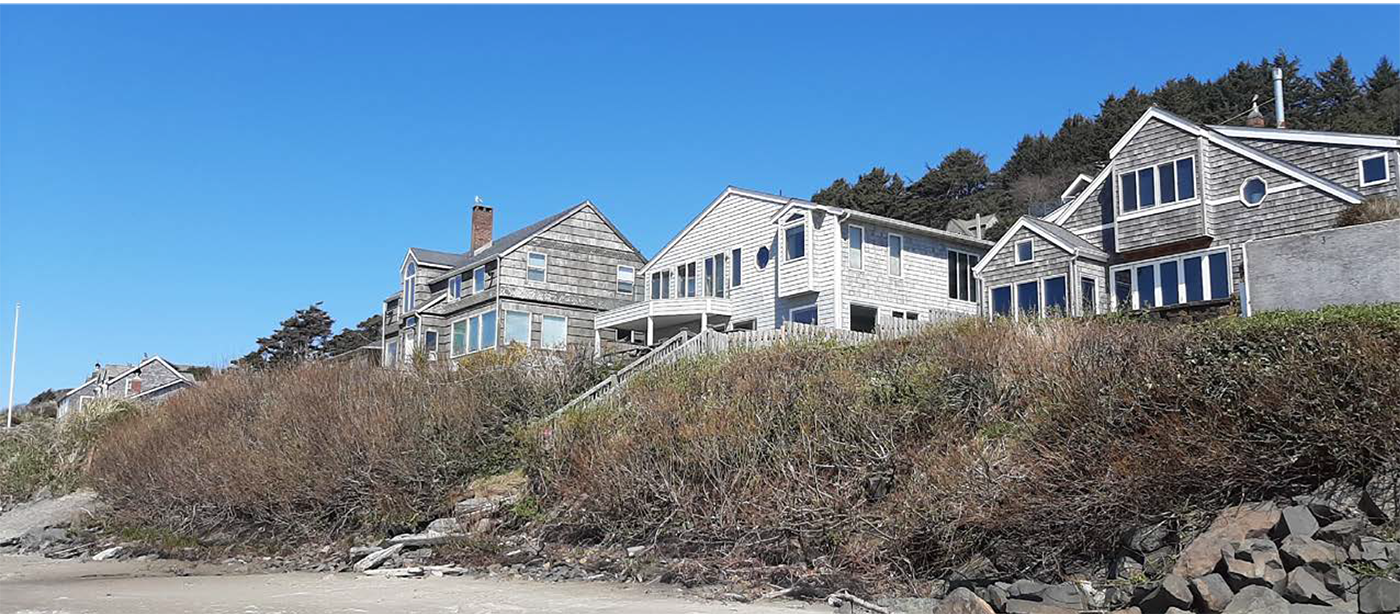Last month, Oregon State University hosted a hybrid Oregon Dune Management Conference and Workshop online and at the Hatfield Marine Science Center in Newport, Oregon. The workshop provided an update on the status of Oregon’s coastal dunes from science and management perspectives, and worked to identify a path forward for management, policy, and research. Coastal managers and planners, scientists, engineers, and policy specialists attended the event.
Scientists highlighted their research findings and managers shared their observations on project obstacles and successes. Topics ranged from dune management strategies and carbon storage, to plover habitat and native plant revegetation.
Attendees identified gaps in Oregon dune management, and strategies to address the gaps through policy and research. The group saw effective public outreach and documentation of lessons learned as some of the areas needing the most attention.

The workshop and related research were supported in part by the NCCOS Effects of Sea Level Rise (ESLR) project “How to Increase Ecosystem Services of Coastal Beaches and Dunes in the Pacific Northwest through Adaptation Planning.” The project focuses on predicting coastal change, how beaches and dunes alleviate flooding and store carbon, and estimating the economic value of the benefits provided by these coastal ecosystems. Project results will inform coastal management of areas with conflicting uses of beaches and dunes, such as maintaining coastal protection and carbon storage while also preserving natural beach and dune habitats for key species.
Future work stemming from the workshop, the ESLR project, and Oregon Sea Grant and U.S. Coastal Research Program projects will continue to engage end users and inform coastal resilience decisions. For example, the ESLR project and other related projects are expected to serve as foundational material for an Oregon Dune Management Guidebook. The guidebook will be co-produced with the Oregon Coastal Management program to provide information on dune-specific management practices, similar to the Guidebook on Erosion Control Practices of the Oregon Coast.
Oregon State University is leading this work. Project partners include the Oregon Department of Land Conservation and Development, the Oregon Coastal Management Program, the Oregon Parks and Recreation Department, Oregon County planners, the Surfrider Foundation, the U.S. Army Corps of Engineers, and Oregon Sea Grant.
